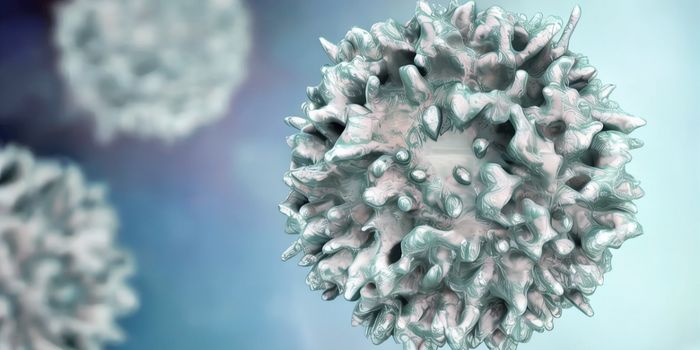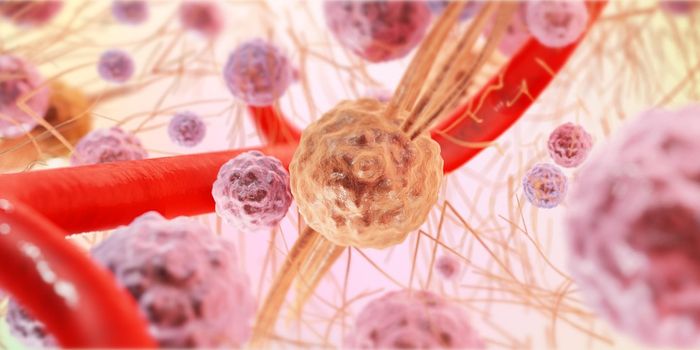Mutation Allows Liver Cancer Cells to Escape Limbo
Increasingly, doctors are recognizing the impact of genetic differences on disease and treatment outcomes. This realization is impetus behind so many genetic testing initiatives, all with the goal of customizing treatments for individuals. Now, genetic research into liver cancer revealed a specific mutation, and patients with this disease profile may benefit from 2 different types of drugs already available.

"Liver cancer is a deadly disease," said Luca Tordella, a postdoctoral scientist at the Imperial College London, and the study’s first author. But because the disease is modulated by different factors, no single treatment is effective for everyone. In particular, Tordella said, “It's important to better classify patients into groups, according to their genes. One advance of personalised medicine is to understand which drug will work best on you, and which on me."
Tordella’s team searched through the DNA of 100 people with liver cancer. They zeroed in on genes involved with cell senescence – a state of cellular limbo that prevents cancer from forming.
In their quest, the team stumbled on a mutation in the Arid1b gene, which allows cancer cells to bypass the senescence checkpoint. In essence, the mutation lets cells leave limbo and go on dividing uncontrollably – the hallmark of cancer cell progression.
This mechanism of liver cancer progression is part of a bigger pathway known as the SWI/SNF complex. "Around 20% of patients with liver cancer have mutations on the genes encoding for components of the SWI/SNF complex. What we suggest is if we treat these people with drugs that target the degradation of nucleotides, they will respond," said Jesus Gil, the study’s senior author. "We plan to continue to research this in the lab to develop treatments to target liver cancer."
Importantly, this complex has been successfully targeted by other cancer drugs, namely gemcitabine. This chemotherapy drug has been used to treat non-small cell lung cancer, pancreatic cancer, bladder cancer, and breast cancer.








